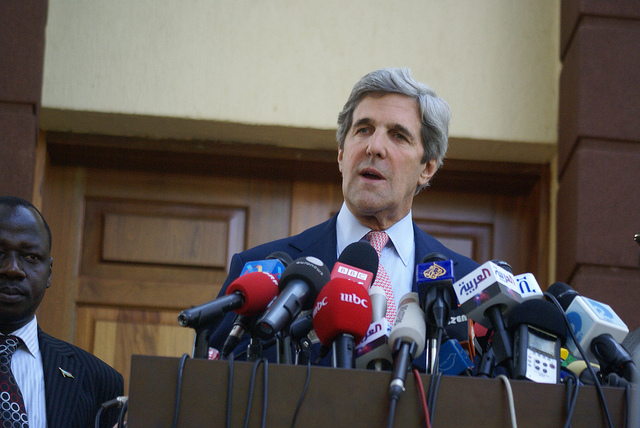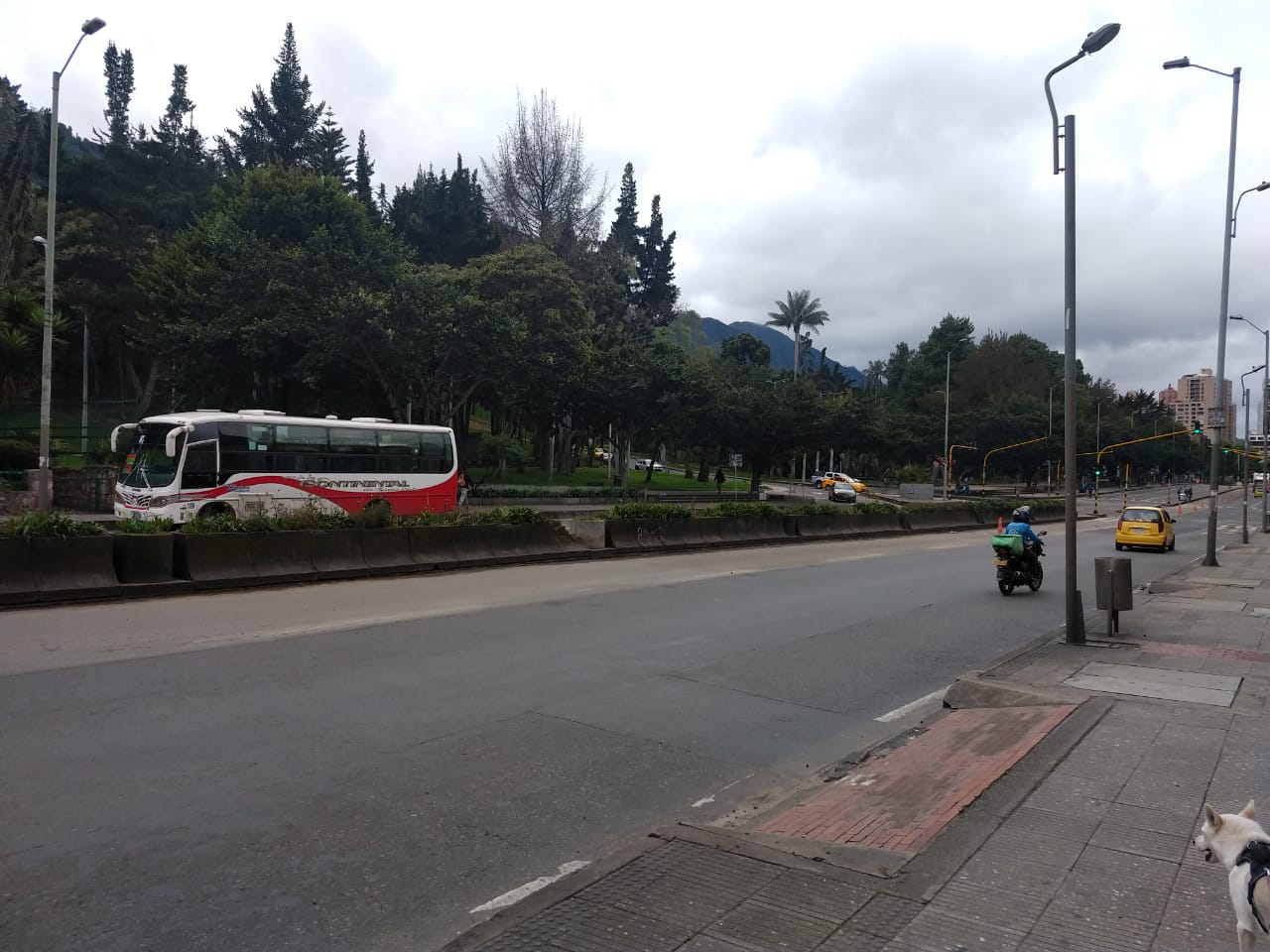
A Colombian soldier from a bomb disposal unit inspects a dismantled CB-250k cluster bomb.
President Juan Manuel Santos announced that Colombia will ratify the Convention on Cluster Munitions prior to a Munitions Convention in Croatia in September
What are cluster munitions?
As the name suggests, cluster munitions (or cluster bombs) are formed of shells that contain several smaller bombs and scatter explosives across a wide area.
The biggest issues with this form of weapon are their lack of precision and the way that ‘dud’ or unexploded bombs are left behind in the ground, posing similar dangers to landmines.
The August 10 announcement was made by Santos during a meeting with Megan Burke, director of the Cluster Munition Coalition, and Álvaro Jiménez, director of the Colombian Campaign to Ban Landmines.
“I am delighted about the commitment made by President Santos. We look forward to welcoming Colombia as a State Party to the Convention on Cluster Munitions in the coming weeks,” said Burke.
The Convention on Cluster Munitions is an international treaty that prohibits the use, production, transfer and stockpiling of such cluster munitions. In addition, it establishes a framework for victim rehabilitation, providing cooperation and assistance to ensure adequate care for these people and their communities.
After initially signing the treaty in 2008, Colombia announced in 2009 that it had destroyed all of its stockpiles of cluster munitions.
Colombia will become the 94th country to ratify the treaty, while 23 others remain signatories, leaving Argentina, Brazil, Cuba and Venezuela as the only Latin American countries not to ratify the convention.
Burke and Jiménez also praised the progress made in de-mining, and the recent agreement between the government and the FARC.
“It really is a historic agreement and we came here to congratulate the president and the country for this important step towards peace in the country, and to give our support for the continuation of this process, which is the best form of prevention against new mine victims “said Burke.





